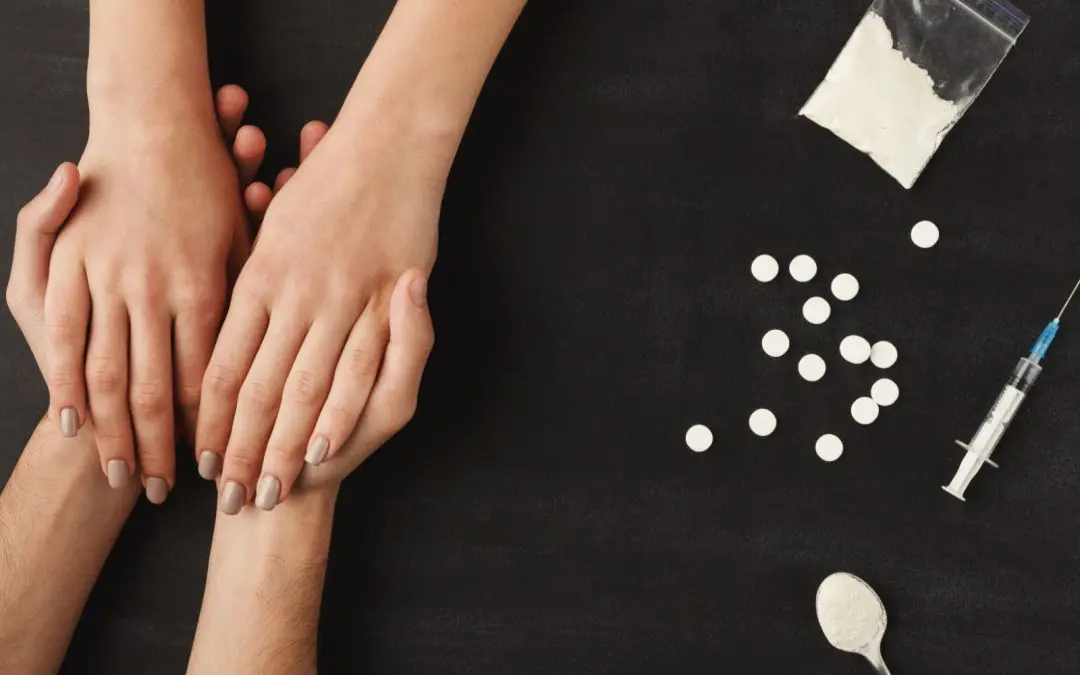24/7 Helpline:
(866) 899-221924/7 Helpline:
(866) 899-2219
Learn more about Bipolar Disorder Treatment centers in Hawaiian Gardens
Bipolar Disorder Treatment in Other Cities

Other Insurance Options

Magellan

Private insurance

Self-pay options

PHCS Network

CareFirst

Meritain

Oxford

BHS | Behavioral Health Systems

WellCare Health Plans

Molina Healthcare

MHNNet Behavioral Health

Health Choice

Regence

Covered California

GEHA

Kaiser Permanente

Lucent

Sliding scale payment assistance

Magellan Health

EmblemHealth

Hawaiian Gardens Medical & Mental Health
Hawaiian Gardens Medical & Mental Health is a private rehab located in Hawaiian Gardens, CA. Hawaiia...











